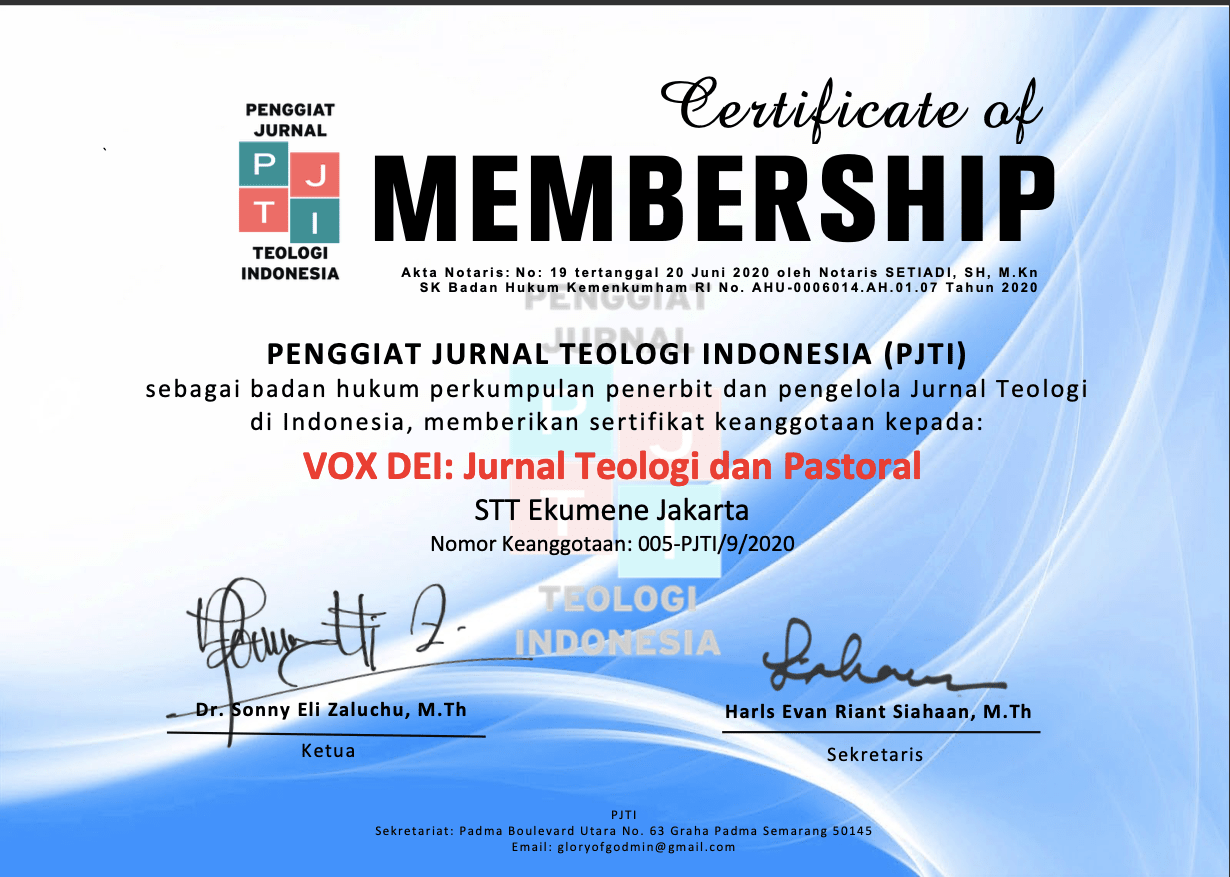Religion As Subaltern Agency
Abstract
This study examines the role of religion in facilitating the liberation of marginalized and oppressed groups, sometimes referred to as the subaltern. The word "subaltern," which connotes inferiority, was used by Antonio Gramsci to describe social groupings that are subjugated by the dominant ruling class. The subaltern classes primarily include individuals such as peasants, laborers, and other marginalized groups who have been systematically excluded from positions of hegemonic authority. This exclusion may be attributed to the historical focus on governments and dominant social groupings within the narrative of power dynamics. Gramsci posited that the historical trajectory of the subaltern classes has a comparable level of intricacy to that of the dominant classes. This work argues that, from Gramsci's perspective, the historical narrative of subaltern social groups is inherently fragmented and characterized by episodic occurrences. This is mostly due to the constant influence exerted by dominant groups, even in instances of rebellion. This work submits that it is evident that individuals belonging to this group possess limited opportunities to exercise agency over their own portrayal and encounter restricted access to cultural and social establishments. The cessation of subordination can only be achieved through a lasting triumph, not instantaneously.
Downloads
References
Ayodabo, S. J., & Amaefula, R. C. (2021). Continuity and Discontinuity: Masculinity and Power Blocs in African Cinema. Quarterly Review of Film and Video, 38(7), 654–675.
Buttigieg, J. A. (1992). Introduction to Prison notebooks. In by Antonio Gramsci. Columbia University Press New York.
Cooter, R. (1984). The cultural meaning of popular science: Phrenology and the organization of consent in nineteenth-century Britain. Cambridge University Press.
Crippen, T. (1988). Old and new gods in the modern world: toward a theory of religious transformation. Social Forces, 67(2), 316–336.
Gramsci, A. (1971). Selections from the prison notebooks, edited and translated by Quintin Hoare and Geoffrey Nowell Smith. New York: International Publishers.
Green, M. (2002). Gramsci cannot speak: Presentations and interpretations of Gramsci’s concept of the subaltern. Rethinking Marxism, 14(3), 1–24.
Grelle, B. (2016). Antonio Gramsci and the question of religion: Ideology, ethics, and hegemony. Taylor & Francis.
Guha, R. (1989). Subaltern Studies VI: Writings on South Asian History (Vol. 6). Oxford University Press.
Harder, P. (2010). Meaning in mind and society: A functional contribution to the social turn in cognitive linguistics. De Gruyter Mouton.
Jones, S. (2007). Antonio gramsci. Routledge.
Lincoln, B. (2010). Holy terrors: Thinking about religion after September 11. University of Chicago Press.
May, V. M. (2015). Pursuing intersectionality, unsettling dominant imaginaries. Routledge.
Ortner, S. B. (1984). Theory in Anthropology since the Sixties. Comparative Studies in Society and History, 26(1), 126–166.
Reed, J.-P. (2013). Theorist of subaltern subjectivity: Antonio Gramsci, popular beliefs, political passion, and reciprocal learning. Critical Sociology, 39(4), 561–591.
Smith, C., Vaidyanathan, B., Ammerman, N. T., Casanova, J., Davidson, H., Ecklund, E. H., Evans, J. H., Gorski, P. S., Konieczny, M. E., & Springs, J. A. (2013). Roundtable on the sociology of religion: twenty-three theses on the status of religion in american sociology—a mellon working-group reflection. Journal of the American Academy of Religion, 81(4), 903–938.
Solle, D. (1984). The Christian-Marxist dialogue of the 1960s. Monthly Review, 36, 20–27.
Williams, R. (1977). Marxism and literature (Vol. 392). Oxford Paperbacks.
Copyright (c) 2024 Gregori Ajimah Onah

This work is licensed under a Creative Commons Attribution-NonCommercial 4.0 International License.






















